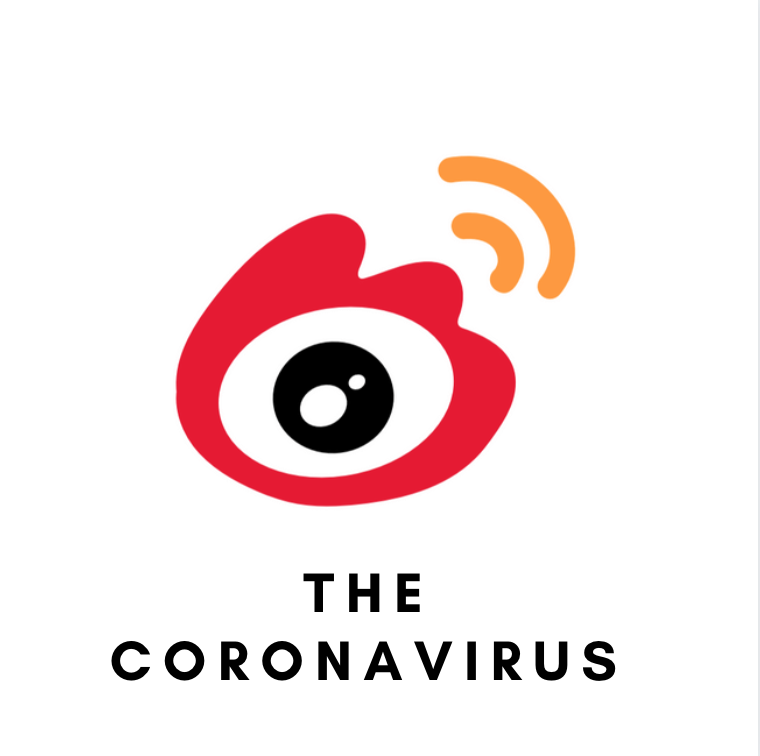
Near the end of 2019, a coronavirus hit Wuhan, one of the metropolises of China. In the beginning, it was only a handful of cases. However, due to the travel rush of the Lunar New Year, the coronavirus was carried to most provinces and autonomous regions in China.
On January 25th, 2020, the first day of the Lunar New Year of the Rat, I could barely feel the joy of the festival. Over the past few days, my heart sank every time I checked the news on the Wuhan coronavirus outbreak. Each time, I would see the number of recorded infections increase.
I am angry at myself as I scroll through the news on Wuhan because I cannot do anything to relieve the situation – feeling hopeless as I read that this new coronavirus is 80% similar to SARS.
As I was only three years old, I have no personal memory of the SARS epidemic that devastated the world – especially my homeland China – seventeen years ago. While growing up, however, I have always heard people compare it with bad flus and viruses:
“we’ve already been through SARS, it cannot get worse.”
For those who are not familiar, SARS is the acronym for Severe Acute Respiratory Syndrome. It is a contagious and potentially fatal respiratory coronavirus illness that kills about one in ten people who are infected with it. Those who survive usually carry life-long physical and psychological side-effects such as paralysis resulting from dead bone tissue or severe depression.
Like many on the internet, at first, I blamed the government – the Wuhan municipal and the Hubei provincial government – because it seemed like they had not done anything to stop this potentially fatal outbreak.
SOS posts on the Chinese social media platform, Weibo, cried for more protective clothing and medical support for the people of Wuhan spammed my feed.
Overnight, the city of Wuhan was quarantined – no unnecessary movements in and out. Donation channels bloomed like dandelions in the spring. Protective masks went out of stock – even the surgical masks on the Amazon U.S. site.
Over the next few days, more cities became isolated. Movie theaters shut down – all film releases for the Lunar New Year were halted. Large gatherings were forbidden in certain cities. It felt like a war.
But things are getting better.
On January 23th, 2020, the State Council of China opened up an online channel where anyone could report any evidence proving that governmental officials were hiding the truth about the coronavirus.
Then, all the provinces assembled medical teams and supplies to be delivered to Wuhan. The central government also commanded a special hospital for the coronavirus disease to be built.
As things calmed down and got better, I started to realize that my emotions had been guided by the numerous news outlets on the internet. I had falsely fell into the trap and believed that everything on the internet was correct, that everyone on the internet was speaking the truth. And that I only considered my position and had forgotten how everyone has different roles in society.
We are not in the position of the doctors fighting the disease on the front line. We are not the people living in the quarantined cities right now. We are not the government officials who are juggling the domestic situation, the international reputation, and the foreign policy.
Information does become much easier with the proliferation of Wi-Fi access. But at the same time, the old cliché problem with it is the credibility of information from such a source – anyone can publish.
Due to the urgency of the coronavirus outbreak, at this point, many people would believe anything said on the internet.
We lost our patience for the government to respond. We lost our patience for verified news. We lost our patience for a viable treatment method to be developed. We want an answer right now. Can I be cured? Have I caught the disease? How can I protect myself?
But all these questions need time to be figured out. As we gain better access to information, let’s not lose our patience.
Epidemics come fast, viruses don’t wait for us. But no one is a superhero. We have already lost innocent lives and doctors at the front line. Let’s not lose more people.
Comments are closed.